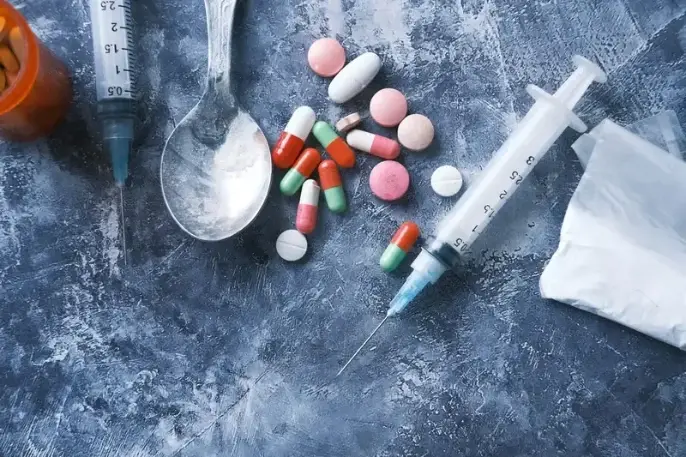
Most people with mild to moderate alcohol withdrawal don’t need treatment in a hospital. But severe or complicated alcohol withdrawal can result in lengthy hospital stays and even time in the intensive care unit (ICU). Alcohol withdrawal (alcohol withdrawal syndrome) is a range of symptoms that can happen if you stop or significantly reduce alcohol intake after long-term use. Every recovery journey is unique, requiring a tailored approach. Treatment centers have medical professionals trained to create plans addressing each client’s physical and psychological needs.
What happens when you quit drinking alcohol for one year?
You’ll likely need other treatments for related health issues. Whether you experience inpatient, intensive outpatient, or partial hospitalization programming here at Sequoia, you’ll get to experience holistic and integrative treatment. Alcohol causes changes in the body that can also contribute to weight gain. It slows metabolism, stimulates appetite, and increases cortisol, a hormone that promotes fat storage and weight gain. Reach out to us today by calling us or scheduling a conversation at a time that works for you.
What are the symptoms of alcohol withdrawal?
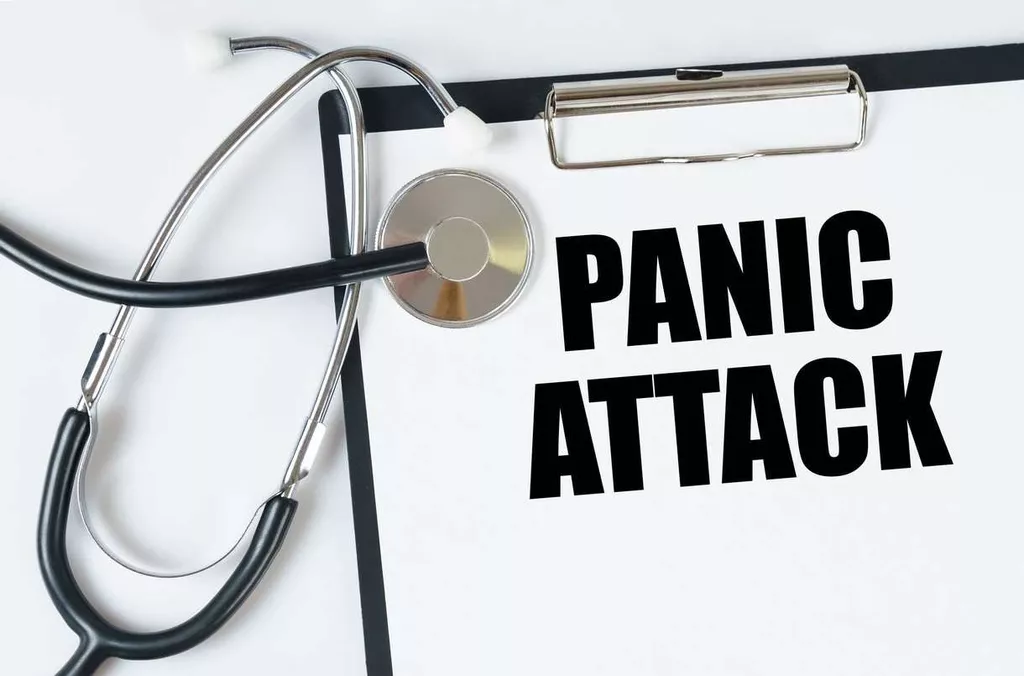
Some people who stop drinking may experience delirium tremens (DT). This condition is serious and may lead to symptoms such as high blood pressure, tremors, and seizures. At this point, your risk of developing all types of disease will be reduced and your bone density will start to increase. Keep in mind that everyone is different and will experience different things when they stop drinking. When you constantly have some alcohol in your bloodstream, you will not think as clearly. Many people who use alcohol heavily for a prolonged period often don’t even recognize the perpetual fog that alcohol creates.
How long does it take for alcohol to stop affecting your brain?
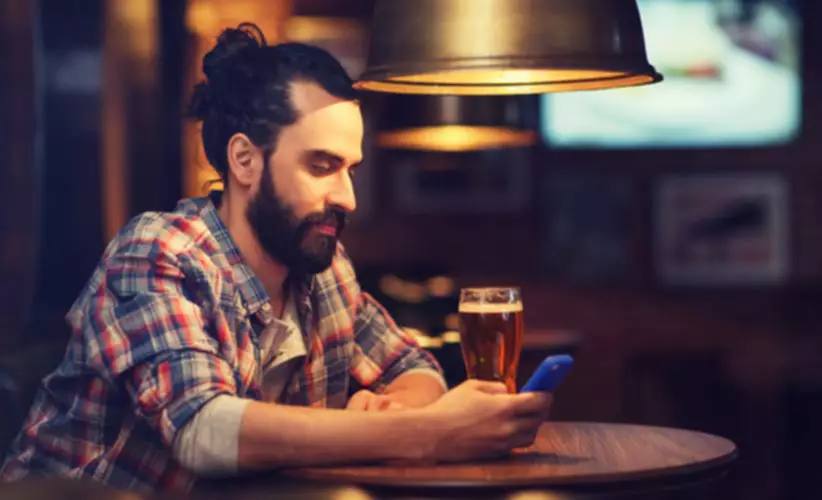
If alcohol was triggering skin conditions like rosacea, dandruff, or eczema, you could see them begin to improve by the end of the week. More and more people are choosing to cut back on alcohol consumption or eliminating it altogether. Whether you’re curious about the benefits of drinking less or considering sobriety for health reasons, there are many positive changes that can happen when you stop drinking.
- Talk therapy, either as an individual or as part of a group, can also offer support through the process of quitting.
- Heavy drinkers may experience withdrawal symptoms more intensely than moderate drinkers.
- Alcohol can also reduce the body’s inflammatory response, something that, in essence, stuns certain microbes so they can’t progress through the body.
- Although we often turn to a glass of wine or a stiff martini to feel better, the irony is that drinking can have both short- and long-term negative effects on mood.
If you live in a community that has banned fluoride or is thinking about it, there are still plenty of ways to make sure you’re getting enough of the mineral. “This further demonstrates that organizations such as the CDC and FDA are routinely reviewing levels to ensure maximum safety for the American public,” Schwartz said. “Too much fluoride incorporated into a tooth that is developing can cause a condition called fluorosis,” Schwartz explained. Fluorosis is primarily a cosmetic issue, ranging from slight discoloration to dark staining or roughness on the tooth surface. Another common concern is the impact fluoride may have on developing teeth. “First, fluoride helps to remineralize, or strengthen, teeth that may have tooth decay.
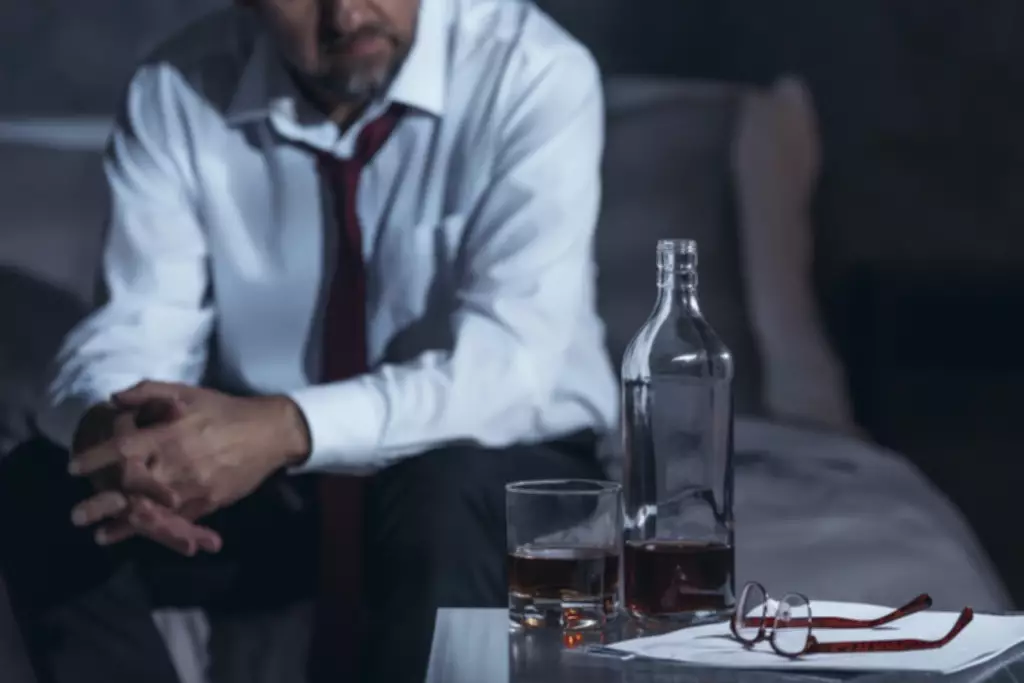
You may find that you have more energy Alcoholics Anonymous and more financial stability. You may be able to make proper friends easier and find that your circle of friends increases. Foregoing alcohol can have a major effect on feelings of depression. Add more water and less alcohol into your day and you’ll soon feel the clouds parting and experience improved brain function. While alcohol can make some people feel unstoppable in the bedroom, the irony is that too many drinks will put a damper on your sex life. Reduce your alcohol intake and you’re more likely to get your mojo back.
- You might think that alcohol improves sleep since it can make you feel drowsy after consumption.
- When you don’t drink enough water – and compound the issue by drinking a diuretic – your brain doesn’t function optimally.
- So, by quitting, you can actually reduce the risk of inflammation and promote healthier, clearer skin.
- After three days of alcohol cessation these symptoms of alcohol withdrawal usually begin to subside and are replaced by psychological symptoms such as anxiety, depression, fatigue and insomnia.
- Alcohol (ethanol) depresses (slows down) your central nervous system (CNS).
Alcohol Withdrawal – Symptoms, Timeline & How To Get Help
An unhealthy relationship with alcohol can impact nearly all aspects of your life, affecting your personal relationships as well as your professional livelihood. If you are dealing with an alcohol use disorder, seeking professional support in early sobriety can help increase your chances of success. When you first stop drinking, your body will begin to detoxify itself. This can lead to withdrawal symptoms, including anxiety, tremors, sweating, and nausea. Your risk for cancer falls, though your heart disease risk may creep up. According to the National Cancer Institute, alcohol use has been linked to what happens when you stop drinking an increased risk for cancers of the mouth, liver, breast, colon, and rectum.
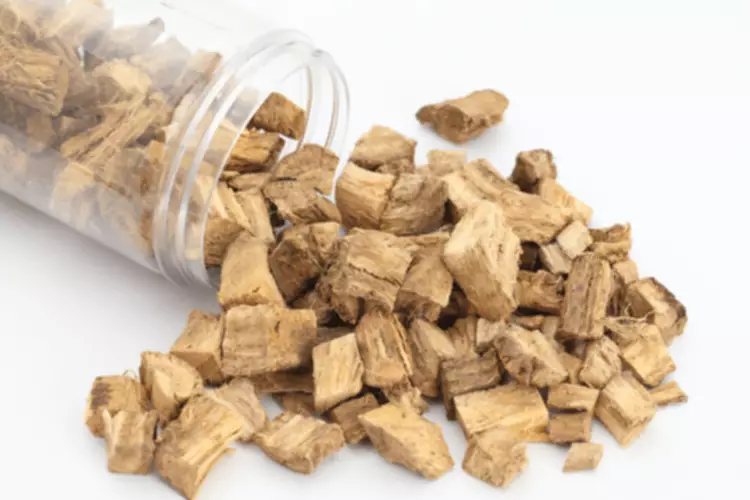
What happens to your body when you stop drinking?
By now, your friends and family should have noticed your healthier skin, improved energy, better moods, and maybe even your weight loss (as long as you didn’t replace alcohol with carb-heavy foods). For most heavy drinkers, the first day of not drinking represents a sense of accomplishment and control over their own lives. If you find it difficult to reduce or stop drinking, Cooper can help. Having a conversation with your primary care physician or advanced practice professional is a great place to start. They can help you assess your drinking habits, provide personalized guidance, and connect you with resources or medical treatment, if needed. Since you’re probably not physically addicted to alcohol, going without it for a few days won’t make much difference on a physiological level.